Resilience is one of five School of Early Learning values.
Capturing the essence of Resilience in the human condition has been challenging to write about for this blog post. It would have been easy for us to look up the Oxford Dictionary for the definition and feed it to you like academic scholars; however, the experience of Resilience is more profound and complex than the definition describes. We also had to explore the SOEL value of Resilience in our work as Anti-Bias ambassadors.
We have all had experiences which cause us pain, hurt, hardship, discomfort, stress and many other emotions which make us question what is going on with our life and the world. We have all dug deep into our beliefs, thoughts and feelings to conjure up strength and integrity to continue on the path of life when these feelings and experiences arise. How do we learn to do this?
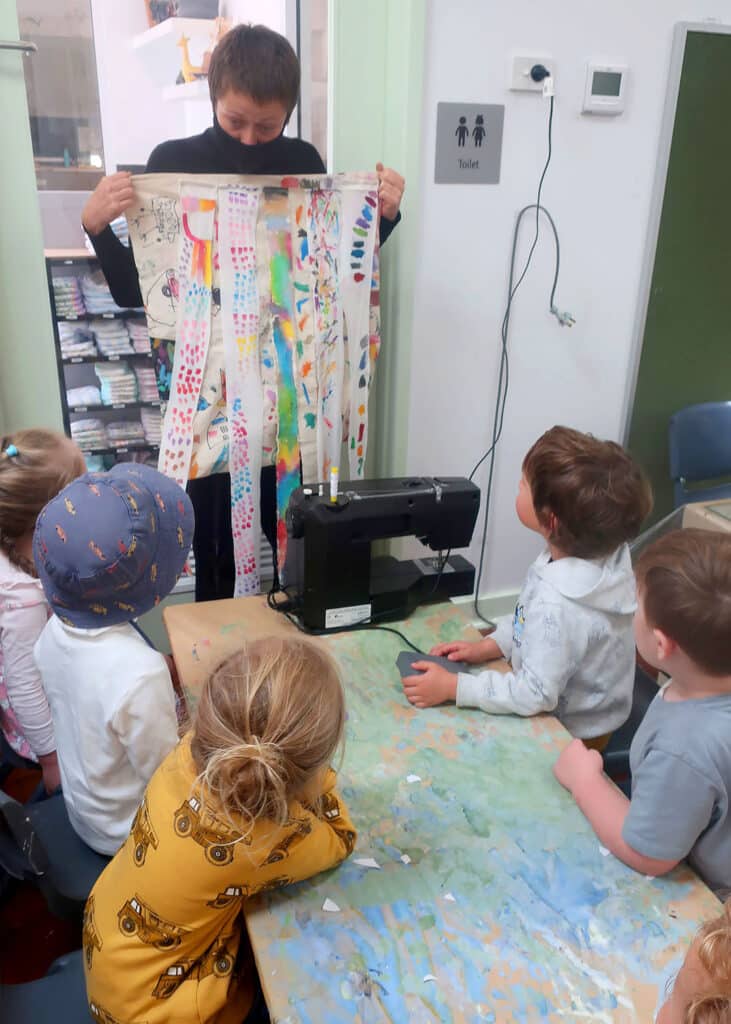

We can define Resilience as an individual’s ability to adapt to stress and adversity.
Resilience is not something you either have or don’t have. Being resilient doesn’t mean you won’t experience significant distress or difficulty again – it just means you will cope better with it. Resilience is a set of behaviours, thoughts, and actions that can be learned and developed by anyone. It is like a muscle; there are things we can do to train ourselves to be more resilient in the face of adversity.
It is natural to want to encounter some things and avoid others. Unfortunately, what we desire or want is not guaranteed. Despite our best efforts, we sometimes don’t get what we want, and other times, we get what we don’t want. One thing which is guaranteed is that life changes constantly and doesn’t always change in our favour.
Anti-bias Approach, Resilience and Educators.
It is hard to face change. We all know this feeling. We feel great when we learn to do something a particular way, to do something successfully; we attach this “right” action to our beliefs about ourselves as good people. So, when something changes, or we need to do something differently, we fear the change, not so much the difference itself but rather what it says about our image of ourselves. So, we resist. We close ourselves off. We refuse to be open to the possibilities before us. The Anti-Bias approach was one such change.
What is wonderful about the human condition is that people dig deep after the initial fear disappears. They find their core, and they lean into learning something new. As such, the educators at SOEL questioned their values and beliefs; asking questions at Team Meetings like:
- “What does NAAIDOC week really mean?”
- “How can we truly acknowledge our First Nation’s people?”
- “What does it mean to be kind to someone when they continue to frustrate you?”
- Educators were courageous in the face of the unknown; this is how they built their Resilience one step at a time.
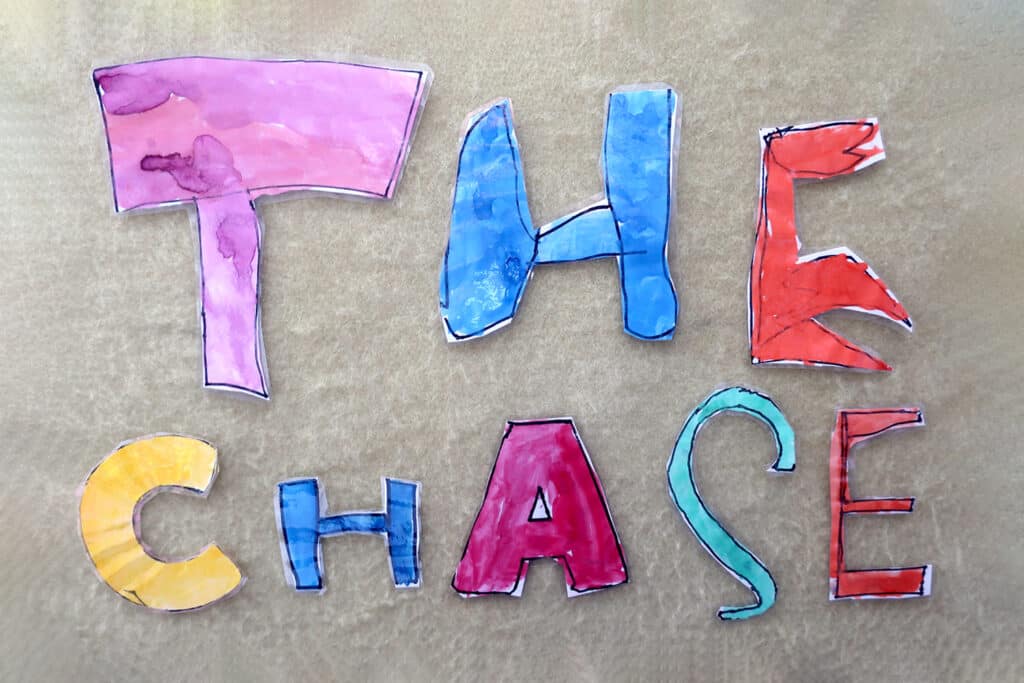

We also had many opportunities to ponder with educators and families during webinars, network meetings and other training opportunities about our identities, privileges and experiences in this diverse world. We asked ourselves questions such as:
- “How aware am I of my identities, history, social and cultural locations and experiences?
- What are my own experiences and attitudes towards diversity and difference?
- What privileges do I experience based on the way society is structured?
- What biases do I experience based on the way society is structured?”
Anti-Bias Approach, Resilience and Children.
Life changes constantly, and it doesn’t always change in our favour. Nevertheless, it is a necessary truth and principle for children to learn. Within the framework of anti-bias, this truth supports children to question deeply accepted beliefs and practices to find the basis of what it means to live in an ever-changing world.
There is always something new to consider, question, unlearn, feel into and challenge. In our work with children, Resilience is born from emotional health and emotional intelligence. As such, we welcome and accept the full range of human emotions, both the painful and the positive.
A friendship rainbow Robot. A “collaborative comforter” by the children.
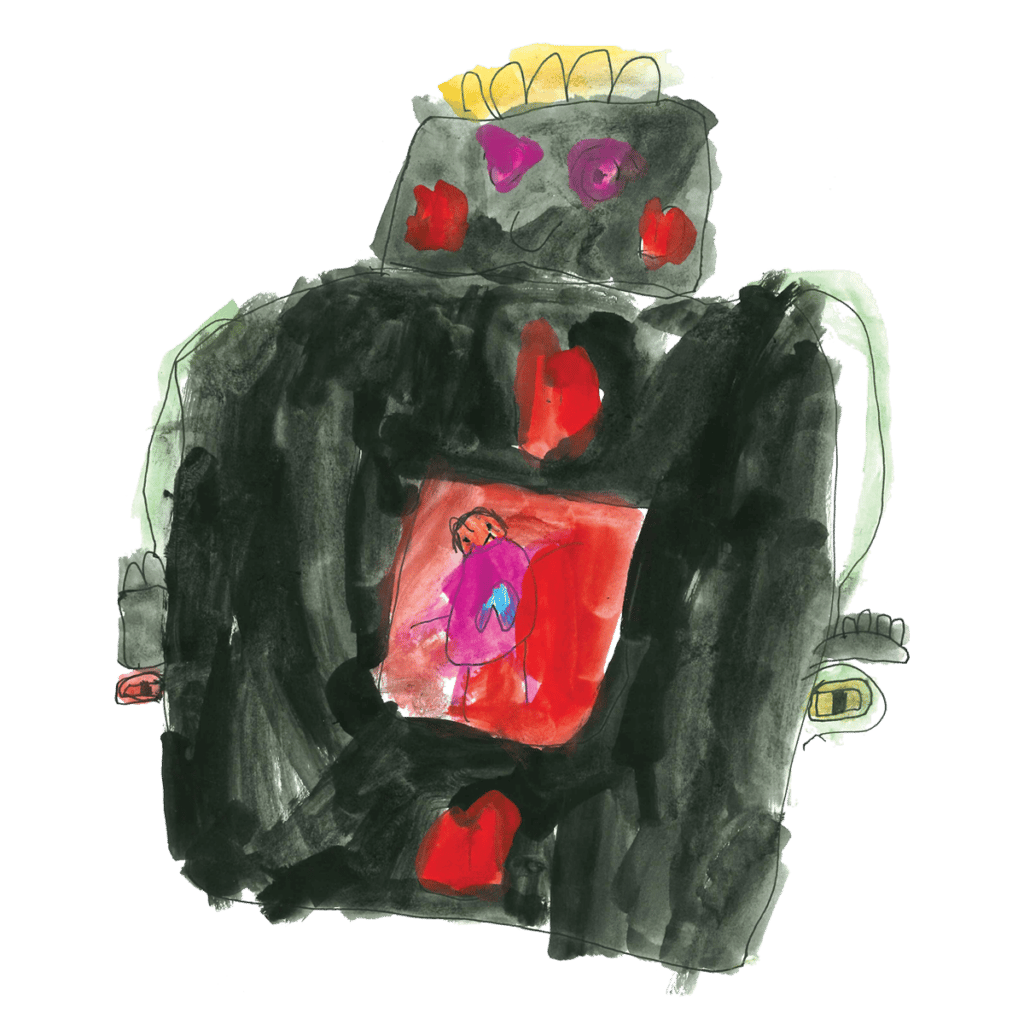

“All our emotions are adaptive”, explains Dr Meg Arroll:
“Emotions and feelings are neither good nor bad; they are sources of information and essential to being human. Some feelings – like happiness, joy and hope – feel good, while others – like sadness, anger and fear – are unpleasant. But that doesn’t mean certain emotions are ‘good’ while others are ‘bad’ – rather the types of emotions that put a smile on our face and feel pleasant direct us to seek out more of the sources of those emotions, while the unpleasant emotions that emerge from other sources give us important information about the world around us.” [1]
– Dr Meg Arroll.
Resilience is learned through supporting children through their emotions and developing what Carol Dwerk calls a ‘growth mindset’ (see resources below). As educators, we understand the importance of creating inclusive and safe environments where every child can thrive. Therefore, we work together to make learning programmes, settings and opportunities where each child can build on their emotional literacy, their dispositions for learning, which includes persistence, and the skills necessary to co-regulate.
Anti-bias approaches, the RULER approach and Circle of Security used at SOEL invite us to see emotions, feelings and experiences within the context of children’s and families’ identities and backgrounds. These pedagogical practices focus on building positive emotional connections across differences. They create awareness and mindfulness around children’s own emotions and the emotions of others, build perspective-taking, and the language skills to reflect, persist and resolve conflicts.
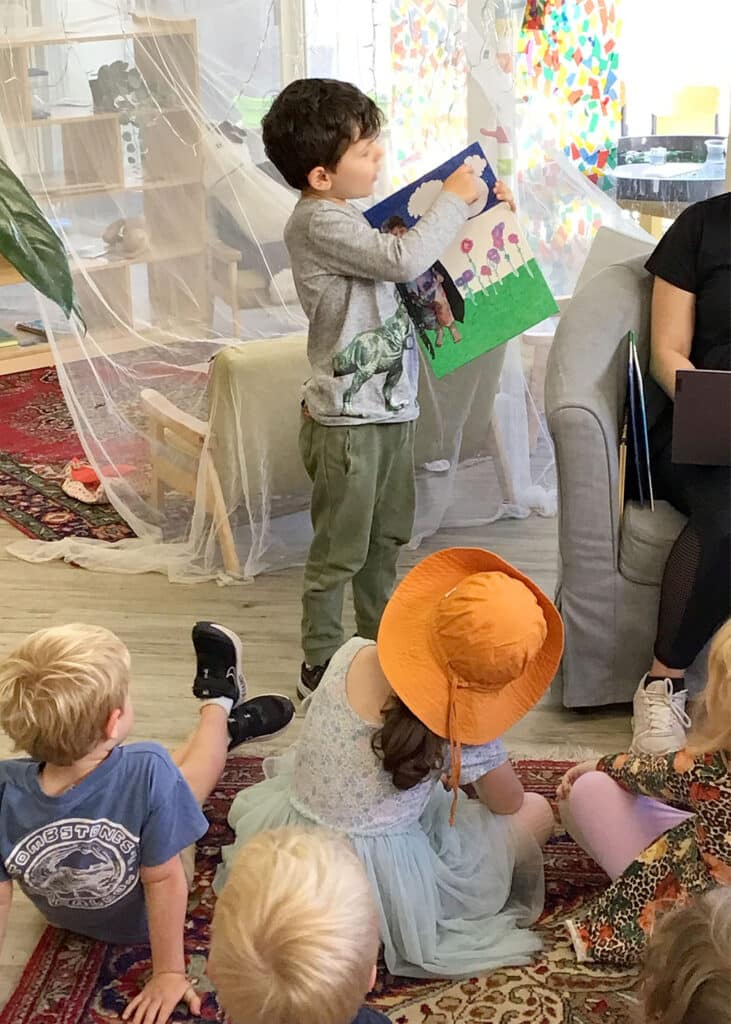

In our first year of wearing Anti-bias lenses in research, we have grounded ourselves in self-awareness and a belief that we can learn new things. A growth mindset fosters confident and knowledgeable personal and social identities for our children, families and ourselves. We have leaned into ourselves to find what is true for us and, in doing so, have strengthened our resilience muscle. We have become more resilient because of this work, and SOEL will enter 2023 with the knowledge that when we encounter challenges, we can dig deep with confidence that we will embrace the challenge guided by our values of integrity, curiosity, mindfulness and leadership. Teaching Resilience, like any learning, helps increase understanding over time as we practice accepting our emotional responses to life.
For more thoughtful information about Resilience, please look at the following websites and resources:
- https://www.lionsroar.com/how-to-raise-an-emotionally-resilent-child/
- Susan David books – https://www.thebookbundle.com/products/emotional-agility-grit-why-passion-and-resilience-are-the-secrets-to-success-drive-the-surprising-truth-about-what-motivates-us-3-books-collection-set
- https://biglifejournal.com.au/blogs/blog/top-childrens-books-resilience
- Mindset by Carol Dwerk – https://fs.blog/carol-dweck-mindset/
References
- https://theresilienceproject.com.au/
- https://multiverse.com.au/product/the-anti-bias-approach-in-early-childhood-4th-edition/
- https://www.rulerapproach.org/about/commitment-to-dei-in-ruler/
- https://www.circleofsecurityinternational.com/
[1] https://www.stylist.co.uk/health/mental-health/emotional-judgement-wellbeing/637605
Related Blog Posts
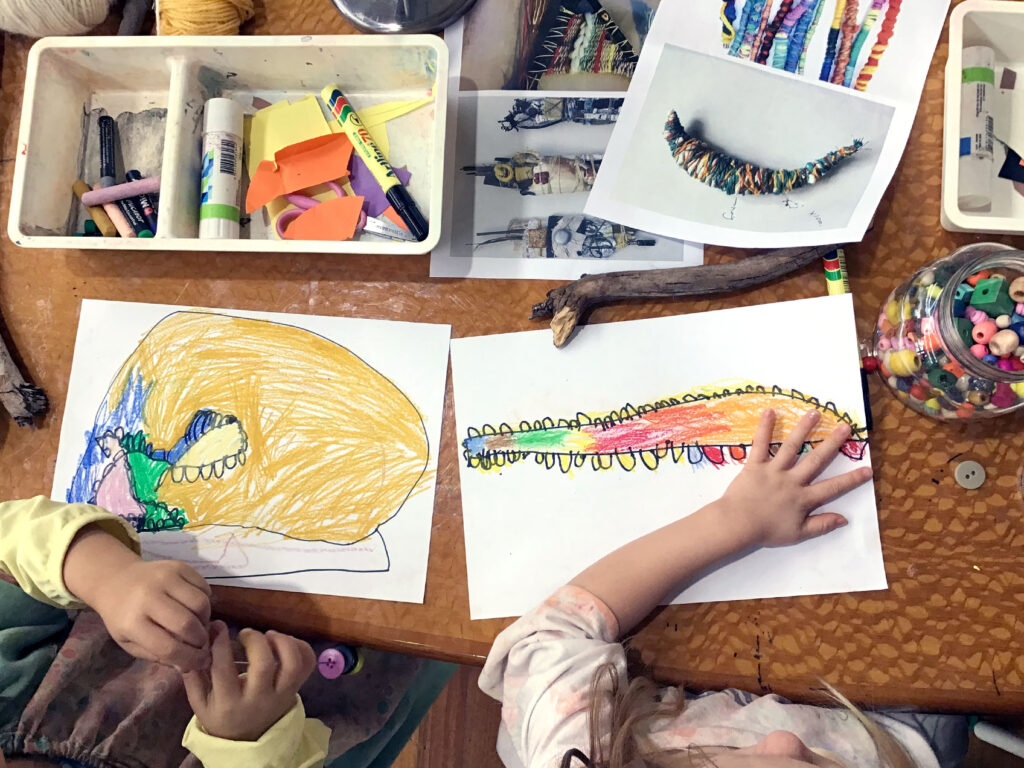

SOEL Home Experience: Curiosity
The Pedagogy and Training team discusses the approach to research SOEL will take in 2022 where we will be exploring social justice.
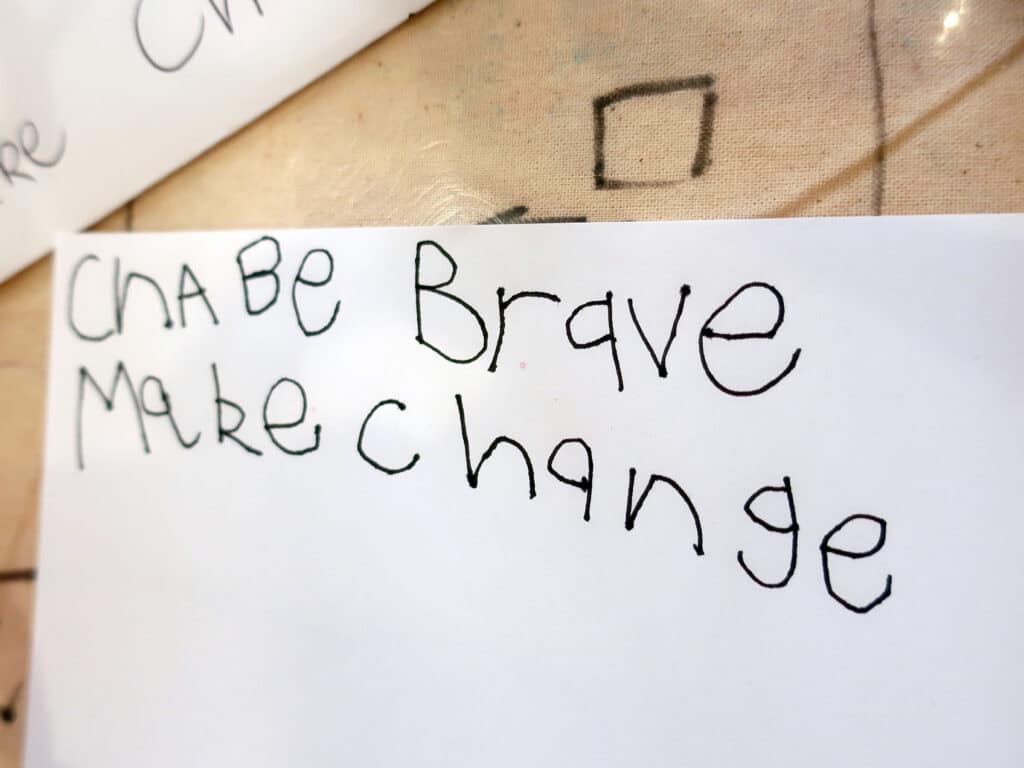

SOEL Home Experience: Integrity
At SOEL, Breaking new ground with integrity includes sharing respectfully and honouring everyone’s stories. Because all stories matter.
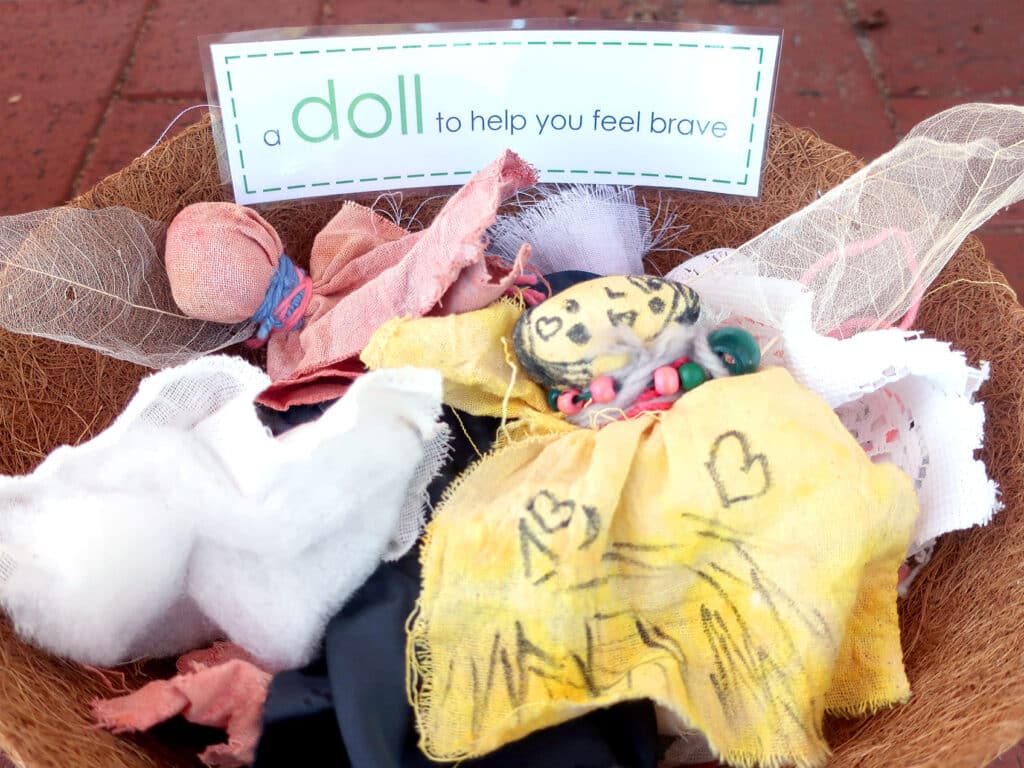

SOEL Home Experience: Mindfulness
At SOEL, mindfulness shapes and guides our research work with children and educators through our anti-bias lens, which in turn helps us become mindful educators.
